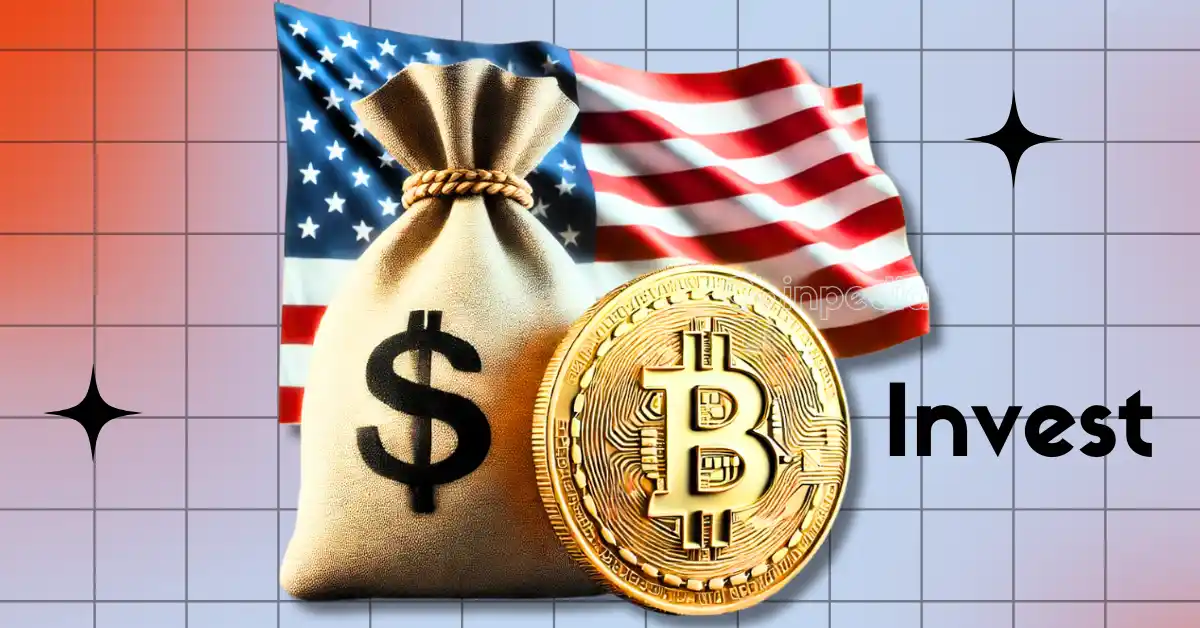
The US national debt is skyrocketing, raising concerns about its long-term impact on the economy. But what if Bitcoin could help? VanEck has introduced a new tool that explores this idea, letting users see how Bitcoin’s value could offset a portion of the country’s debt in the coming decades.
The numbers might surprise you. If Bitcoin continues to grow at a strong pace, could it actually become a key financial asset for the US government?
Let’s break down what the tool reveals.
The tool consists of two main calculators:
Right now, the US national debt stands at $36 trillion. If it continues to grow at a 5% annual rate, it could reach $116 trillion by 2049, according to the tool.
Currently, Bitcoin is priced at $98,269. If BTC grows at a 25% annual rate, a 1 million BTC reserve could be worth around $21 trillion by 2049 – equal to 18% of the projected US debt at that time.
The BITCOIN Act was presented to the US Senate by Senator Cynthia Lummis
While presenting the bill, Lummis highlighted Bitcoin’s growing importance, stating:
“Bitcoin is transforming not only our country but the world, and becoming the first developed nation to use Bitcoin as a savings technology secures our position as a global leader in financial innovation.”
The projections suggest that if the US adopts Bitcoin as a strategic reserve, it could offset over 18% of total national debt by 2049. While this wouldn’t fully resolve the debt crisis, it presents an interesting possibility – could Bitcoin become a key tool for managing national finances?
Historical crypto charts indicate that small coins, costing less than a penny, often experience explosive…
The cryptocurrency world is buzzing with excitement as Ruvi AI (RUVI) gains momentum as a…
The cryptocurrency market is experiencing a pivotal moment as institutional money floods into digital assets…
Bitcoin is currently in a quiet phase. The price has been moving sideways without any…
The Smarter Web Company PLC, a publicly listed firm in the UK, has just added…
ETF analyst James Seyffart from Bloomberg recently explored an interesting hypothetical scenario. What if spot…